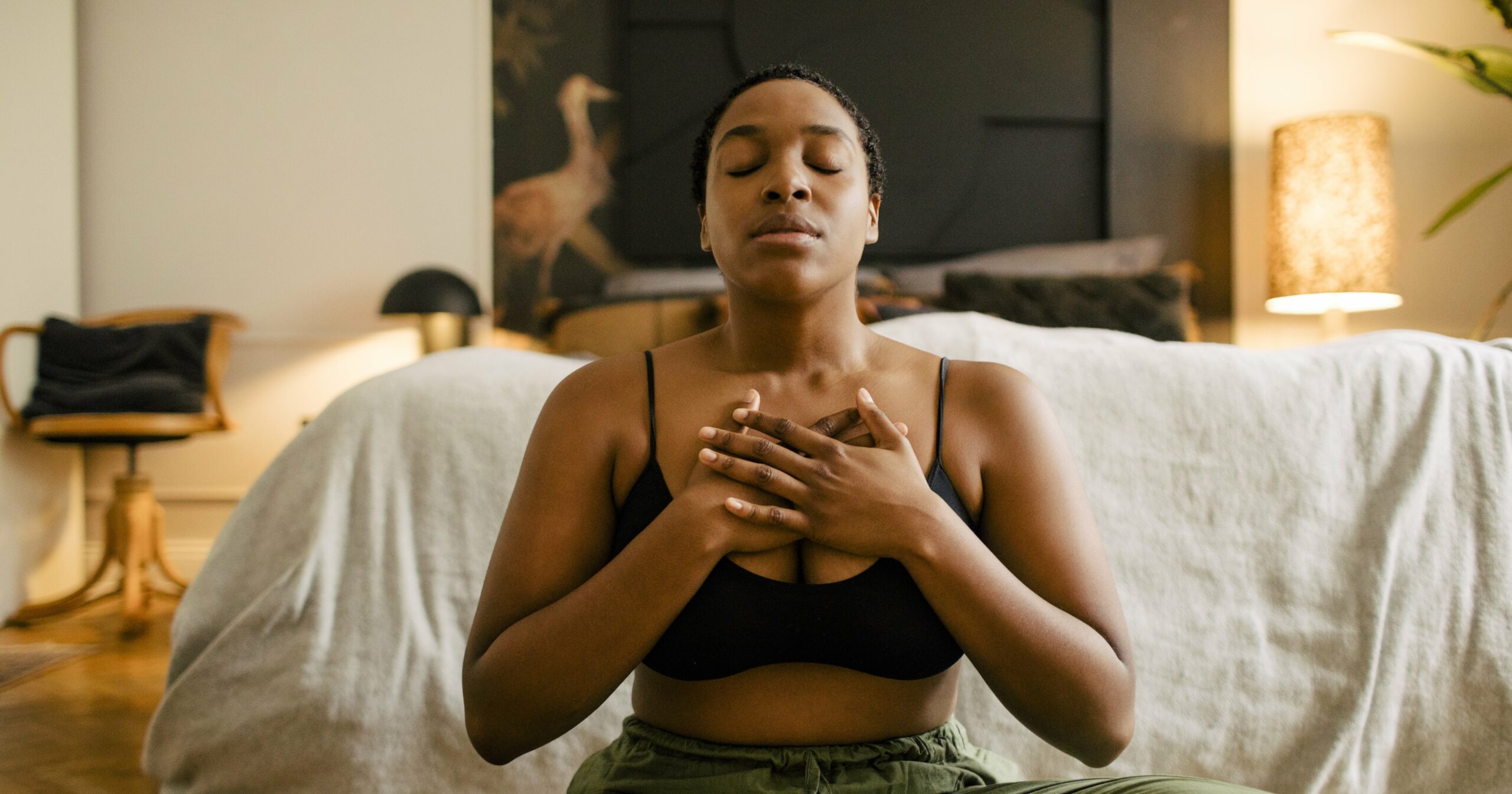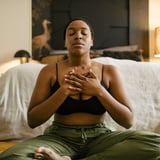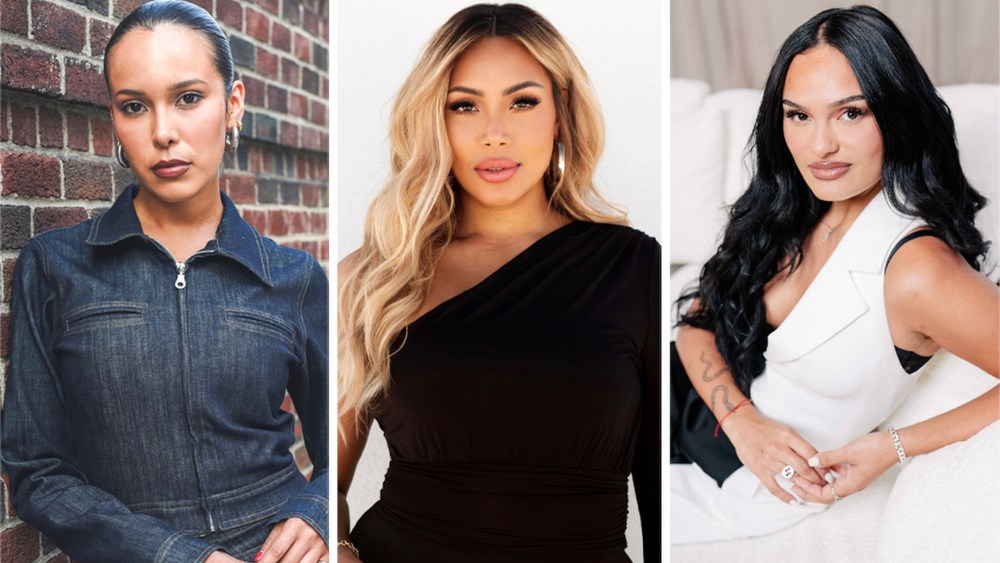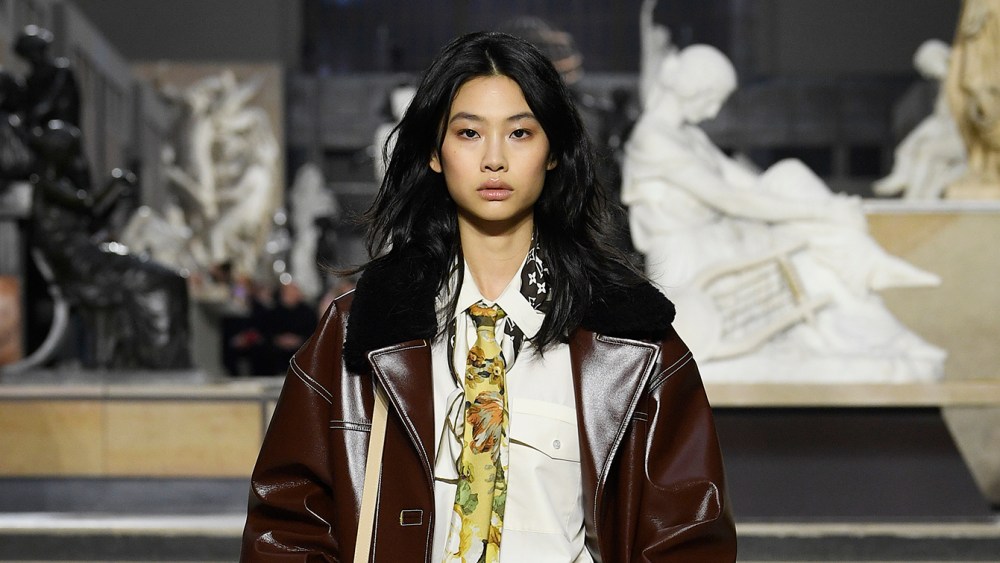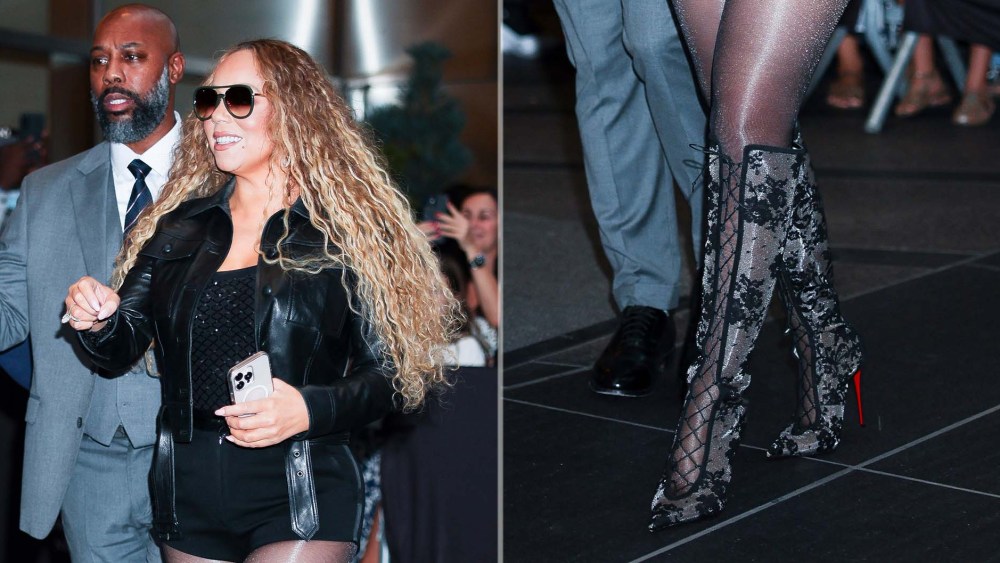For generations, Black women have navigated a fraught relationship with religion. And for good reason – they’ve had to contend with purity culture, sexism, and the overall erasure of their unique experiences within the broader religious narrative. Caught between the expectations of religion and the realities of their lived experiences, many young Black women have felt adrift, their sense of purpose and belonging teetering on the edge. Some have recognized the limitations of these institutions and left. Others have begun seeking spiritual paths that affirm their identities and empower them to heal from the burdens that come with living in a social environment that often institutionalizes the devaluation of their existence. That yearning has ignited an active movement of Black women reclaiming spirituality – but on their terms.
It’s a faith that feels relevant to my life.
“What’s occurring in young Black women rediscovering spirituality is a recognition of patterns,” says Ehime Ora, a priestess-in-training of the Ifá and Orisa tradition and author of “Ancestors Said.” “They could have been analyzing their own lives and recognizing how things haven’t changed for either their loved ones or themselves.” This recognition has led some women to action, in which they are more open to spiritual signs, or an “ancestral call,” as Ora puts it: “The experience is extraordinarily humbling, yet also so deeply transformative; it opens up a possibility of a new lifestyle that feels more empowering and soul nourishing.”
A 2021 Pew Research Center report found that Christianity remains the main religion for Black Americans, but that millennial and Gen Z Black Americans are less likely than those in older generations (Baby Boomer and older) to express many of the religious beliefs asked about in the survey. However, they are more likely than older adults to believe in reincarnation and that prayers to ancestors can protect them. It makes sense: in a sexist, racist world, spirituality can help provide grounding and purpose. As researchers at the University of Illinois at Urbana-Champaign found, spirituality – not religiosity – was essential to Black women’s psychological well-being.
Such has been the case for Habiba Faye, a 26-year-old Muslim woman who immigrated to the US from Senegal in 2014. “When I first moved to the US, I didn’t understand how to put myself first and prioritize my needs,” she says. “Being Black and Muslim added layers of stereotypes and cultural dissonance. So I became more serious with my Islamic faith and it helped ground me. It made me more intentional with practices like journaling, exercise, gardening, and spending time in nature to nurture my mind.”
As research has shown, spirituality has a positive impact on mental well-being, which is a major reason many young Black women are turning to it. The legacy of unethical treatment in healthcare has created a well-founded distrust of those institutions among Black Americans, particularly women, and studies show this distrust, combined with the greater impact of depression on Black communities, leads to lower utilization of mental-health services. Some Black women, seeking healing and freedom from trauma, turn to spiritual practices to fill the void left by a healthcare system that has failed them.
“I believe spirituality to be an experience of transcendence through inner peace, harmony with my body, mind, and soul,” says Chrissy Mitchell, a 23-year-old who has a chronic illness. “My spiritual routine emphasizes self-care and a deep connection to the body as a vessel of the spirit.” That routine includes practicing mindfulness and meditation, as well as listening to gospel music, Mitchell says.
For many Black women, spirituality isn’t a solo endeavor. Some are drawn to spaces that acknowledge the emotional toll of navigating a world that often overlooks their struggles, and have created communities centered on joy, sisterhood, and mutual support – a response to the ways in which traditional religious institutions have fallen short in creating a truly inclusive space.
Being part of that community has made me freer and lighter.
That can be fostered in more traditional, albeit progressive, religious settings. Some spiritual leaders explicitly aim to address issues of social justice, dismantle patriarchal structures within religion, and celebrate Black womanhood. “Finding a Christian pastor, a Black woman who speaks about the anxieties specific to Black women, felt like a revelation,” says Aaliyah Cox, a 25-year-old marketing professional based in New York. “Suddenly, there was space to acknowledge the weight we carry, and prayers and affirmations tailored to address them. It’s a faith that feels relevant to my life.”
Other organizations are popping up as a distinct alternative to church settings. Motty Burke, a 24-year-old living in Philly, says she was at first hesitant when a friend invited her to join an all-women virtual group aimed at redefining spirituality. “My bad history with religion as a queer woman almost made me decline,” she says. “But at that time, I was a drowning person holding on to any possible floaters.” The first meeting ended up “surprising” her, she says, and it “was the first time in a long time I didn’t feel out of place.”
“It was an intimate, vulnerable space where I felt seen and heard,” Burke continues. “Now, the meeting is the best part of my week. I wish I could explain the psychology behind it, but being part of that community has made me freer and lighter. It’s like my most important self-care practice.”
Podcasts, forums, and communities such as Every Black Muslim Girl, Being A Black Muslim Girl, and The Table are also increasingly fostering these connections online, allowing for open discussions on identity and wellness. The Table, for example, is a space for Black women to connect, heal, and grow through online discussions, workshops, and virtual rituals.
As Burke puts it, “This feels like the beginning. I’m finally involved in something that soothes me, and there’s so much more to explore.”
Melony Akpoghene is a culture journalist passionate about investigating the world. Her work has appeared in Architectural Digest, Black Ballad, Byrdie, Refinery29, and more.
